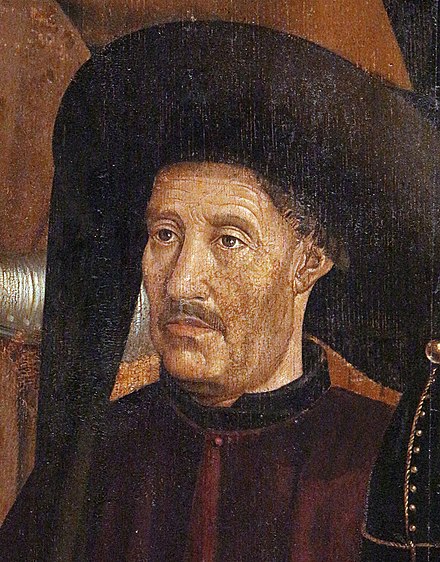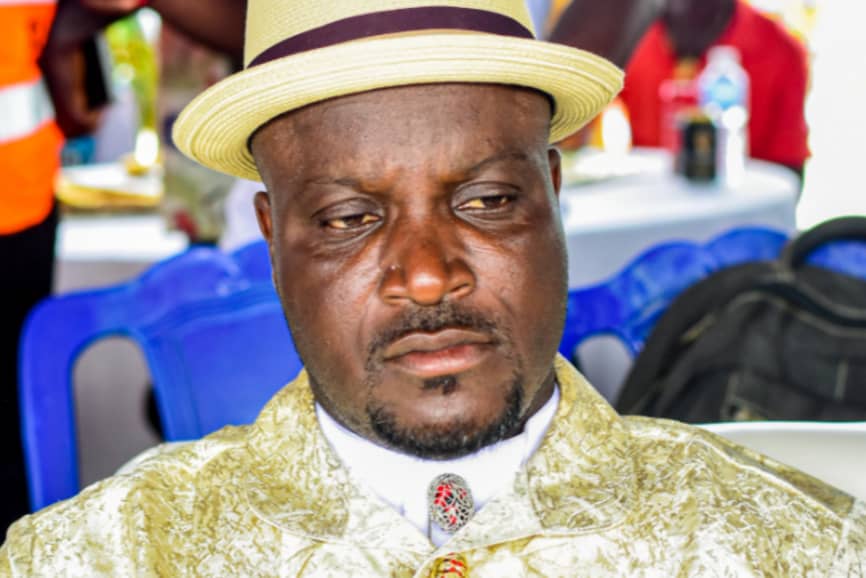PRINCE HENRY THE NAVIGATOR: The Patron of Portuguese Exploration

Did you know that Prince Henry the Navigator (a term coined by two nineteenth-century German historians: Heinrich Schaefer and Gustave de Veer) is regarded as the main initiator of what would be known as the Age of Discovery and he is regarded as the patron of Portuguese exploration?
Born Dom Henrique of Portugal (4 March 1394 – 13 November 1460), Duke of Viseu, referred to as 'Prince Henry The Navigator' was a central figure in the early days of the Portuguese Empire and in the 15th-century European maritime discoveries and maritime expansion. Henry was the fourth child of King Dom John I of Portugal, who founded the House of Aviz.
Henry was the third surviving son of King John I and his wife Philippa, sister of King Henry IV of England. He was baptized in Porto. Henry was 21 when he, his father and brothers captured the Moorish port of Ceuta in northern Morocco. Ceuta had long been a base for Barbary pirates who raided the Portuguese coast, depopulating villages by capturing their inhabitants to be sold in the African slave trade. Following this success, Henry began to explore the coast of Africa, most of which was unknown to Europeans. His objectives included finding the source of the West African gold trade and the legendary Christian kingdom of Prester John, and stopping the pirate attacks on the Portuguese coast.
At that time, the cargo ships of the Mediterranean were too slow and heavy to undertake such voyages. Under Henry's direction, a new and much lighter ship was developed, the caravel, which could sail farther and faster. Above all, it was highly maneuverable and could sail "into the wind", making it largely independent of the prevailing winds. The caravel used the lateen sail, the prevailing rig in Christian Mediterranean navigation since late antiquity. With this ship, Portuguese mariners freely explored uncharted waters around the Atlantic, from rivers and shallow waters to transoceanic voyages.
In 1419, Henry's father appointed him governor of the province of the Algarve. Henry sponsored voyages, collecting a 20% tax (o quinto) on profits, the usual practice in the Iberian states at the time. The nearby port of Lagos provided a convenient home port for these expeditions. The voyages were made in very small ships, mostly the caravel, a light and maneuverable vessel equipped by lateen sails. Most of the voyages sent out by Henry consisted of one or two ships that navigated by following the coast, stopping at night to tie up along some shore.
During Prince Henry's time and after, the Portuguese navigators discovered and perfected the North Atlantic volta do mar (the "turn of the sea" or "return from the sea"): the dependable pattern of trade winds blowing largely from the east near the equator and the returning westerlies in the mid-Atlantic. This was a major step in the history of navigation, when an understanding of oceanic wind patterns was crucial to Atlantic navigation, from Africa and the open ocean to Europe, and enabled the main route between the New World and Europe in the North Atlantic in future voyages of discovery.
Although the lateen sail allowed sailing upwind to some extent, it was worth even major extensions of course to have a faster and calmer following wind for most of a journey. Portuguese mariners who sailed south and southwest towards the Canary Islands and West Africa would afterwards sail far to the northwest—that is, away from continental Portugal, and seemingly in the wrong direction—before turning northeast near the Azores islands and finally east to Europe in order to have largely following winds for their full journey. Christopher Columbus used this on his transatlantic voyages.
No one used the nickname "Henry the Navigator" to refer to prince Henry during his lifetime or in the following three centuries. The term was coined by two nineteenth-century German historians: Heinrich Schaefer and Gustave de Veer. Later on it was made popular by two British authors who included it in the titles of their biographies of the prince: Henry Major in 1868 and Raymond Beazley in 1895. In Portuguese, even in modern times, it is uncommon to call him by this epithet; the preferred use is "Infante D. Henrique".
Contrary to his brothers, Prince Henry was not praised for his intellectual gifts by his contemporaries. It was only later chroniclers such as João de Barros and Damião de Góis who attributed him a scholarly character and an interest for cosmography. The myth of the "Sagres school" allegedly founded by Prince Henry was created in the 17th century, mainly by Samuel Purchas and Antoine Prévost. In nineteenth-century Portugal, the idealized vision of Prince Henry as a putative pioneer of exploration and science reached its apogee.
Prince Henry died in 1460. The expeditions sent out by him resulted in the discovery of many new places, the formation of trade relationships with peoples around the world, and the establishment of colonies in the discovered locations. However, none of these aspects were the prime objective of Henry the Navigator. He mostly sent out expeditions to expand his own wealth and reputation. Still, his legacy as a supposed navigator endured until the present day, especially when the English gave him the title of "Navigator."
Source: Wikipedia | Academy



